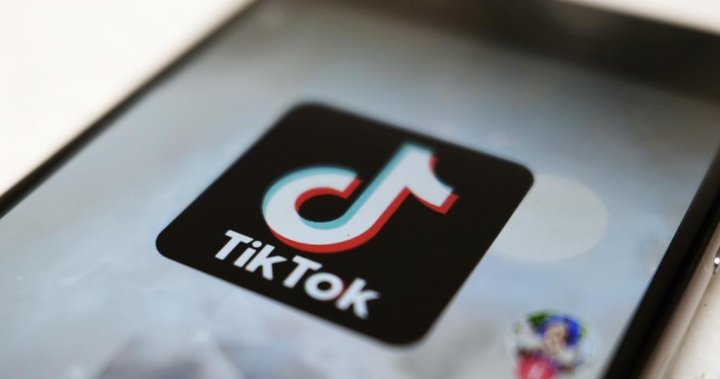Prime Minister Justin Trudeau has expressed concern about the security threat posed by the popular video app TikTok, following warnings from Canada’s spy agency CSIS. The director of CSIS, David Vigneault, recently stated that TikTok poses a real threat to the data security of Canadians. Trudeau emphasized the need for Canadians to pay attention to this issue, especially in light of the U.S. government’s crackdown on the app, which may result in ByteDance having to sell or shut down TikTok due to concerns that Chinese law could force the app to share user data with the Chinese government. Trudeau stated that the federal government will monitor how TikTok responds to these concerns and potential changes aimed at making the platform safer for users.
The Canadian government has banned TikTok from government-issued mobile devices due to security concerns and is actively encouraging Canadians to be cautious about their online usage. CSIS’s 2024 annual report highlighted China as an ongoing threat to Canadian information, technology, democratic institutions, and diaspora communities. The report detailed how Chinese laws enable the government to control data within the country, and how Chinese intelligence services engage in clandestine activities targeting democratic states. ByteDance, the parent company of TikTok, has been given a deadline of January 19, 2025, to divest or shut down the company in response to these concerns. However, ByteDance and TikTok are challenging this decision in court on free speech grounds to prevent the enforcement of the law.
In response to these allegations, a TikTok spokesperson stated that there is no evidence to support claims that the app has shared Canadian user data with the Chinese government. The spokesperson emphasized that TikTok follows community guidelines in moderating content and does not comply with government requests to censor content. They also expressed willingness to engage with Canadian officials, including CSIS, to discuss how user privacy and security are protected on the platform. TikTok remains adamant that it is committed to safeguarding the privacy of its users and ensuring a safe online environment.
The ongoing scrutiny of TikTok highlights the broader concerns surrounding data security and privacy in the digital age, particularly in relation to Chinese-owned technology companies. The potential risks associated with foreign governments accessing user data through popular apps like TikTok have raised alarms among legislators in various countries, including the U.S. and Canada. As the debate continues, it is essential for governments, tech companies, and users to work together to address these concerns and protect the integrity of personal data online. The outcome of the legal battle between ByteDance, TikTok, and the U.S. government will likely have significant implications for the future of data privacy and security in the digital landscape.
The controversy surrounding TikTok serves as a reminder of the complex challenges posed by the interconnected nature of the global digital economy. As technology companies operate across borders and collect vast amounts of personal data, the need for robust data protection measures becomes increasingly urgent. Governments play a crucial role in regulating these activities and safeguarding the interests of their citizens, while also promoting innovation and economic growth. By addressing security threats posed by foreign entities and ensuring transparency and accountability in data handling practices, policymakers can create a safer and more secure online environment for all users.
In conclusion, the concerns raised by CSIS and Prime Minister Trudeau regarding TikTok underscore the importance of addressing potential threats to data security and privacy in the digital sphere. As the debate around TikTok and other tech companies continues, it is crucial for governments and industry stakeholders to collaborate on implementing effective safeguards and regulations to protect user data. By prioritizing transparency, accountability, and user privacy, stakeholders can work towards creating a more secure digital ecosystem that fosters trust and ensures the protection of personal information. The outcome of the legal battle between ByteDance and the U.S. government will likely have far-reaching implications for data privacy and security worldwide, reinforcing the need for continued vigilance and proactive measures to address emerging cyber threats.


